DUBAI: Two major alternative culture gatherings are happening in the region next weekend. The sixth edition of Beirut and Beyond brings together an eclectic mix of regional and international musicians to venues around the Lebanese capital over four days, while in Dubai the “footwear, fashion and lifestyle fair” Sole DXB — launched in 2010 — celebrates global street culture and presents a hip-hop-, R&B-, soul- and funk-focused lineup of performers ranging from international stars to local up-and-comers.
Both events share a similar ethos: To highlight regional talent, and to provide a much-needed platform for cultural scenes that receive little support from the mainstream media and promoters in the Arab world.
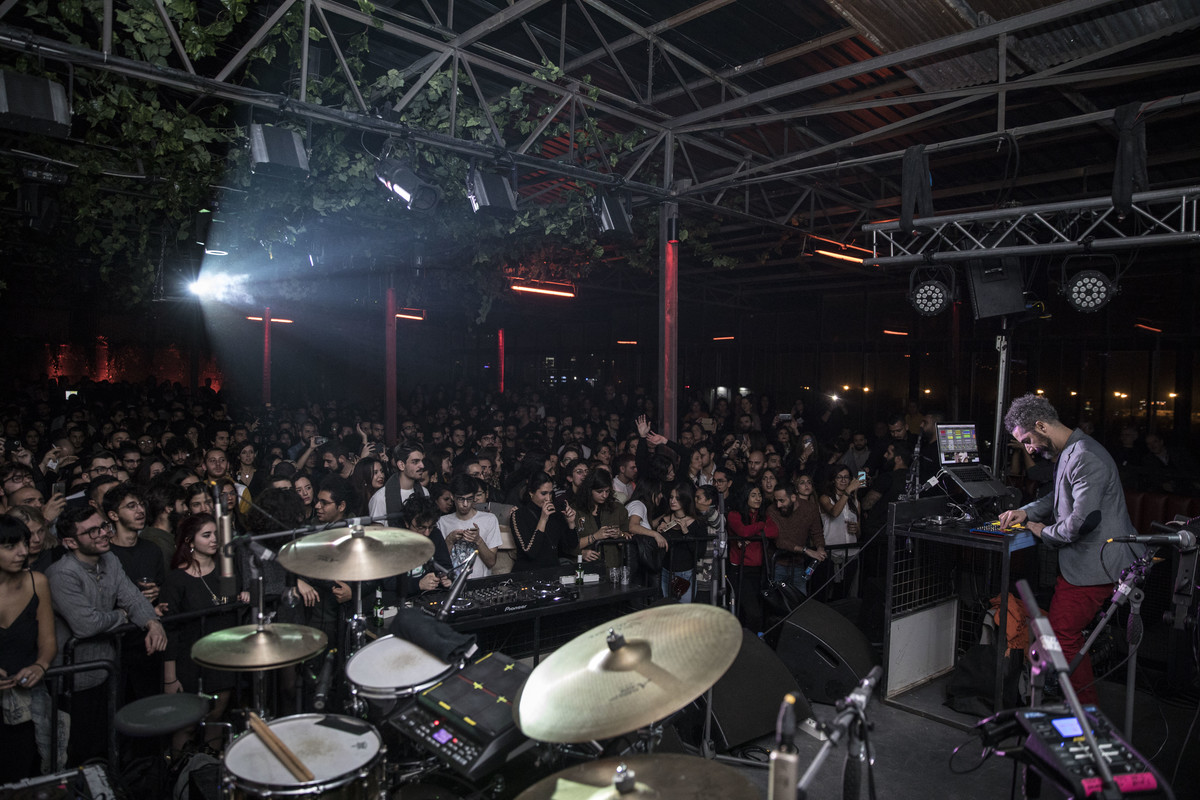
Beirut and Beyond Festival last year. (Supplied)
“We want to book the acts we’re listening to that other people (here) won’t book,” says Sole DXB co-founder, hip-hop fan and sneakerhead Rajat Malhotra. “We started off super-grassroots. It was about building a platform to connect with people like us, who are into the things we’re into. And we found that there was a hunger for this, there was a demand for this out here, but no one was really addressing it,” he continues. “Everything we’ve done from then is to intentionally create a platform to curate talent in the spaces of art, fashion, music, basketball, who we think are relevant and that we look up to, and to be able to offer a platform to creatives in this region that we think are doing amazing work to sit on the same platform as other global creators.”
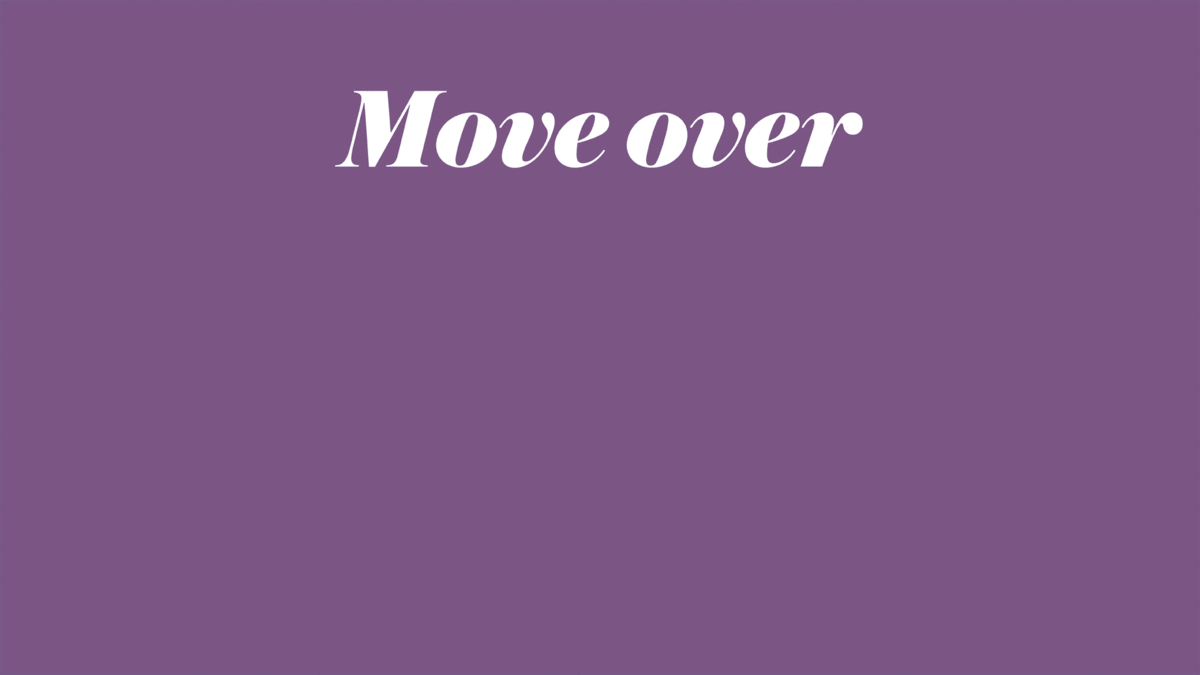 Amina Semaan, Beirut and Beyond’s festival director, shares similar sentiments when talking about the ideas behind her event.
Amina Semaan, Beirut and Beyond’s festival director, shares similar sentiments when talking about the ideas behind her event.
“Around 2011, there was a lot of really good quality music coming out, especially in Egypt and Tunisia right after the Arab Spring. So we thought there was a need for a platform to expose this emerging talent — musicians who had been working on their music for years and years and hadn’t had the opportunity to show it,” she says. “So we wanted something that wasn’t just a festival, but a showcase festival, so we can invite professionals from all around the world to come and discover what’s happening here in the music scene.”
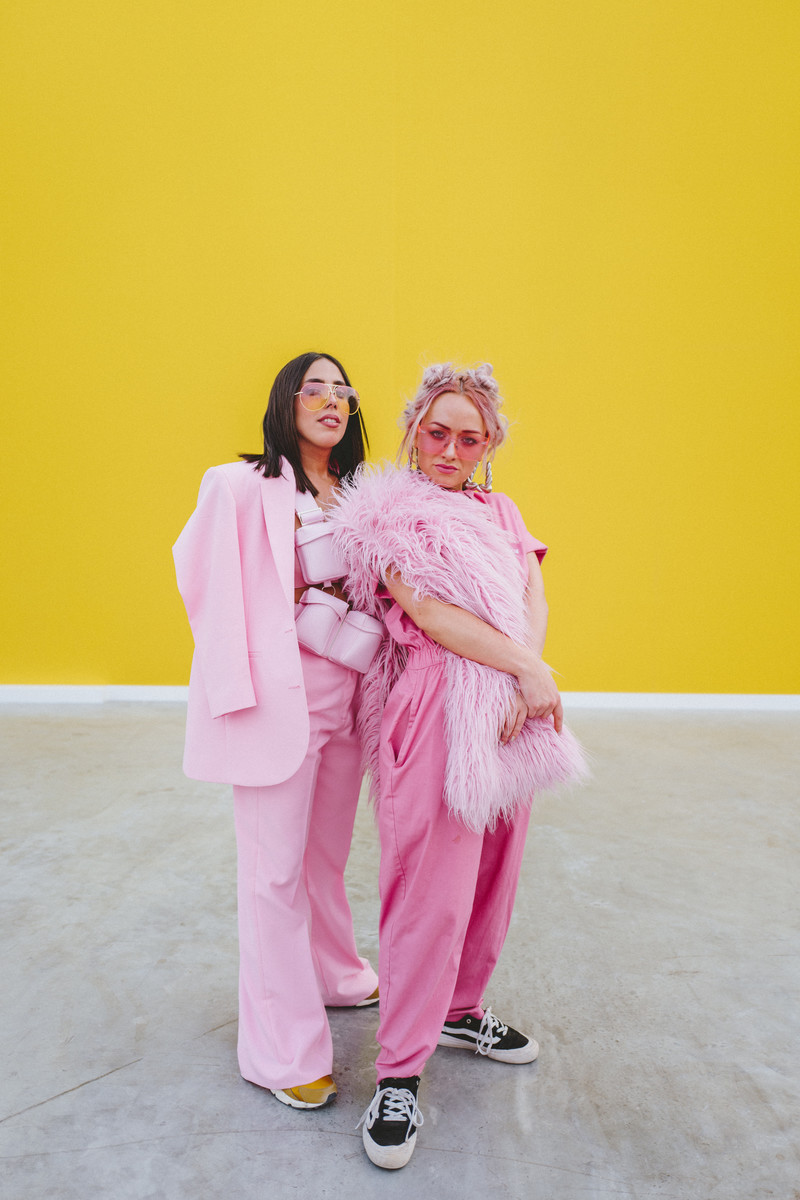
An image from Sole DXB 2017. ((Joshua Lawrence)
Beirut and Beyond’s lineup this year, who will perform in different venues around the city, includes acclaimed Lebanese singer-songwriter Tania Saleh; the excellent Egypt-based alternative trio Lekhfa (Maurice Louca, Tamer Abu Ghazaleh and Maryam Saleh — “I think they’re one of the best acts in the Arab world,” says Semaan), who just won the Best Artist in African Rock at the All Africa Music Awards; legendary trumpeter Erik Truffaz performing with French jazz musician Sig and Latvian drummer Artis Orubs; genre-hopping Norwegian trio Gurls; and Lebanese post-rock instrumentalists Kinematik. Apart from the evening concerts, there is a ‘Professional Program’ in the daytimes, consisting of workshops, lectures and roundtables on the industry.
Sole DXB, too, has an educational slant, Malhotra explains. “We wanted it to be about more than just buying a ticket, watching the artists perform, then leaving,” he says. “It’s important to us to showcase these artists that are coming out in different lights as well.” So, many of the performers will also be involved in other ways. Hip-hop legend Nas, for example, besides headlining on December 8, will also be giving a talk at the event, and launching the first regional version of his restaurant Sweetchick. Fellow American MC Roxanne Shanté will be giving a talk, as well as presenting a live radio show from the venue.
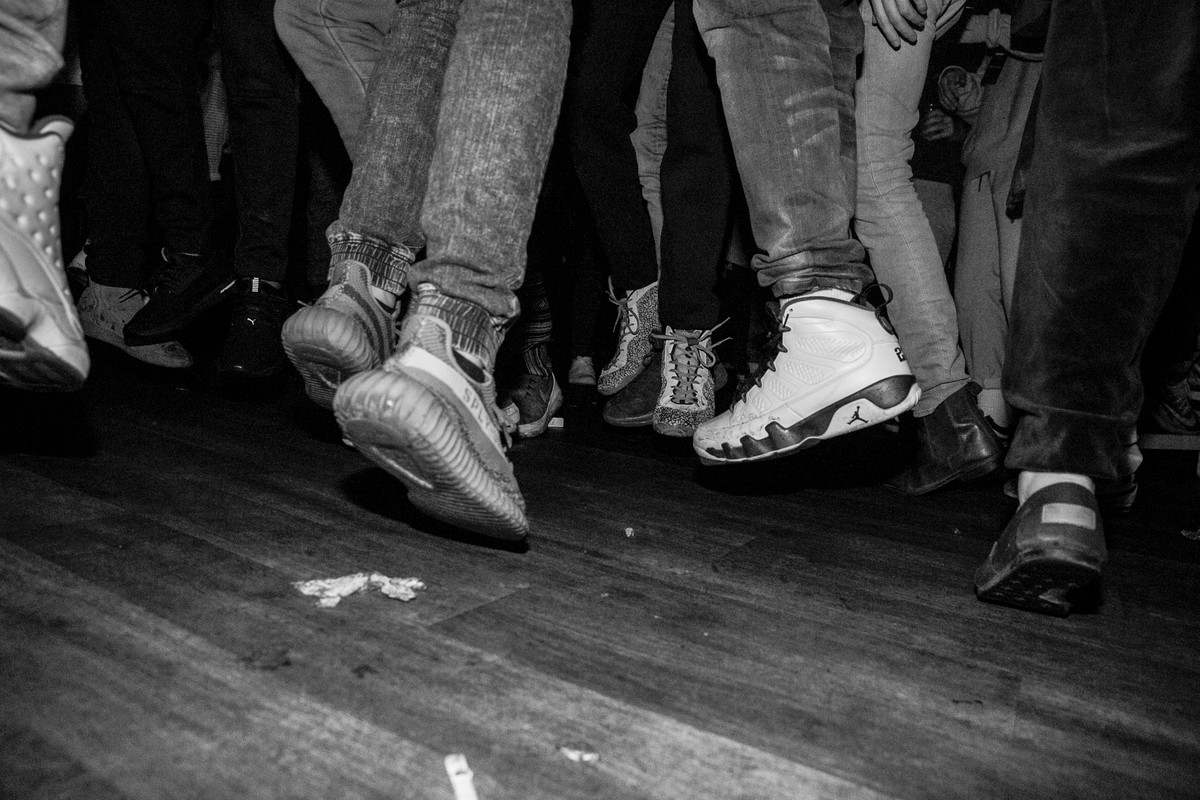
Sole DXB 2017. (Maxwell Aurelien James)
When it comes to choosing who’s performing at Beirut and Beyond, the criteria is fairly simple, Semaan explains: “We’re looking for music that’s good, even if it’s not something you’d listen to every day. Artists who are serious about their work and just need a platform to be picked up by a booking agent or a label or a manager.” (Industry professionals from all over the world attend, she says.) “We focus on up-and-coming musicians and we try to bring in different genres and different nationalities.”
As Malhotra tells it, Sole’s booking strategy is even simpler. “Our booking starts from one basic tenet, which is we won’t book anyone whose music we don’t listen to ourselves,” he says, stressing that — within the genres they focus on — it’s important to have “a blend that’s about more than just radio hip-hop and a mix of emerging, contemporary and heritage acts — it’s important to show where these new acts have come from. If we start booking acts that we know will sell tickets but that we have no intention of ever listening to on our own, it’ll start to come through. But we’ve stayed honest: All the things that work and all the things that don’t work are a direct reflection of our personalities.”
This year’s lineup is a good example. Headliner Nas is one of hip-hop’s most influential artists. “He’s a true poet,” Malhotra says. “And he’s been timeless. He’s got people in their forties who’ve kept with him, and he’s got people who are coming into music now in their early teens. He’s stayed that relevant. Booking Nas is a dream come true for us. We grew up listening to him. So to have him playing at our fair is pretty surreal.”
On the up-and-coming side, Malhotra cites Blood Orange (British singer, songwriter and producer Dev Hynes) as “a statement, I think, on what we see as the future of the fair and of the music scene over here. He’s more R&B-focused. It’s a different sort of vibe.”
While both events bring in international artists, both, too, give equal importance to local and regional acts. Sole will see sets from Beirut-based Syrian-Filipino rapper and producer Chyno, Dubai-based ‘neo-soul’ singer Reem Ekay, hotly tipped UAE-based hip-hop artist Zenden Lavon, and many more performers based in the Arab world.
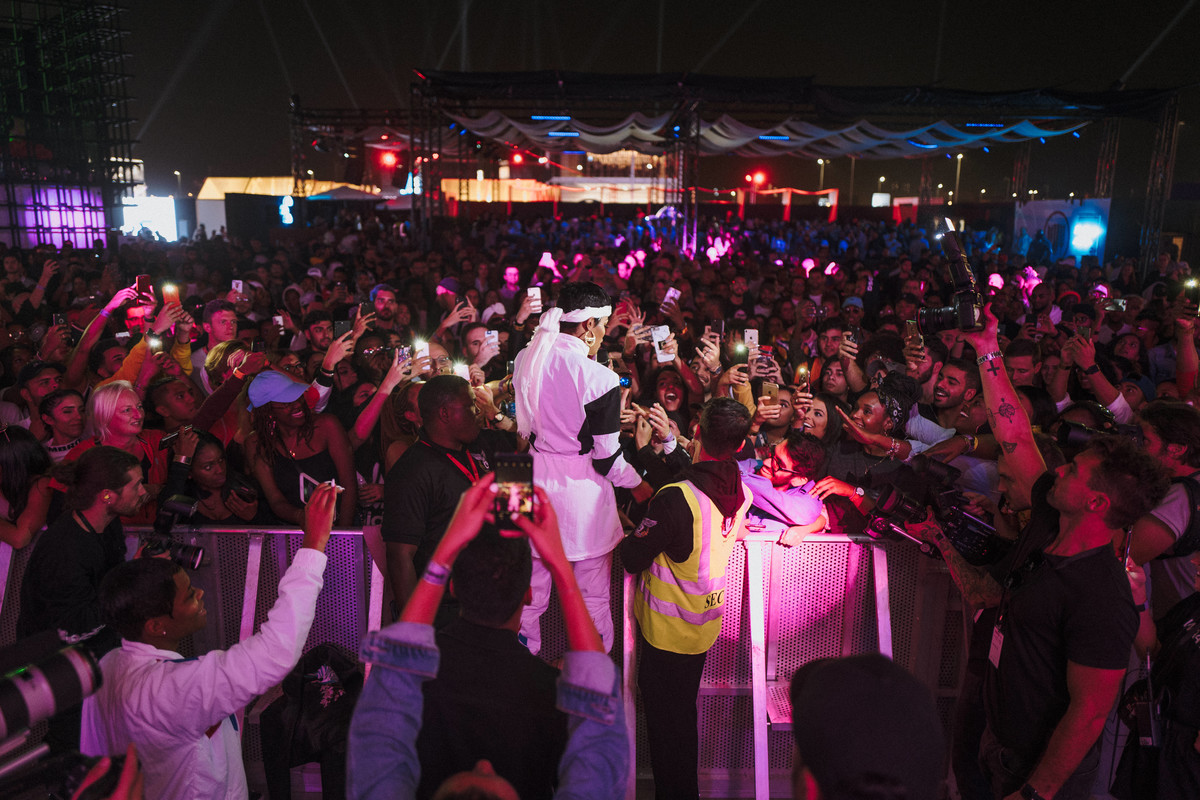
Sole DXB 2017. (Joshua Lawrence)
“There isn’t any separation (between regional and international acts) for us,” says Malhotra. “We think they’re doing great work. Why wouldn’t we book them? There’s a lot of talent coming up in this region. It may be a little bit harder work to find them because they’re not getting the publicity or the radio time that other artists are getting, but they’re very good. So for us, it’s an honor to have them onstage.”
Beirut and Beyond’s lineup consists mainly of artists from the region, Semaan says, “or expats — and one or two international acts who are normally performing for the first time in Lebanon, so we introduce them to the local scene.”
And to an audience, she hopes, who are “interested in discovering new music. Music lovers who aren’t just into the mainstream, but want to hear things that are interesting and coming from a different place — the independent scene.”
As Malhotra points out, the contemporary music scene in the Middle East is still in its early stages. There was really little to no independent alternative music being made in the region before the turn of the century — and events like Sole and Beirut and Beyond are making important cultural contributions.
“We’re trying our best to be part of the infrastructure that’s required to help (these artists) come up. It’s not enough to be just a good artist. Cool. But who’s going to manage them? Who’s going to publish their music? Where are they going to perform?” he says. “All of the steps in that chain are something that we all have to build together.”
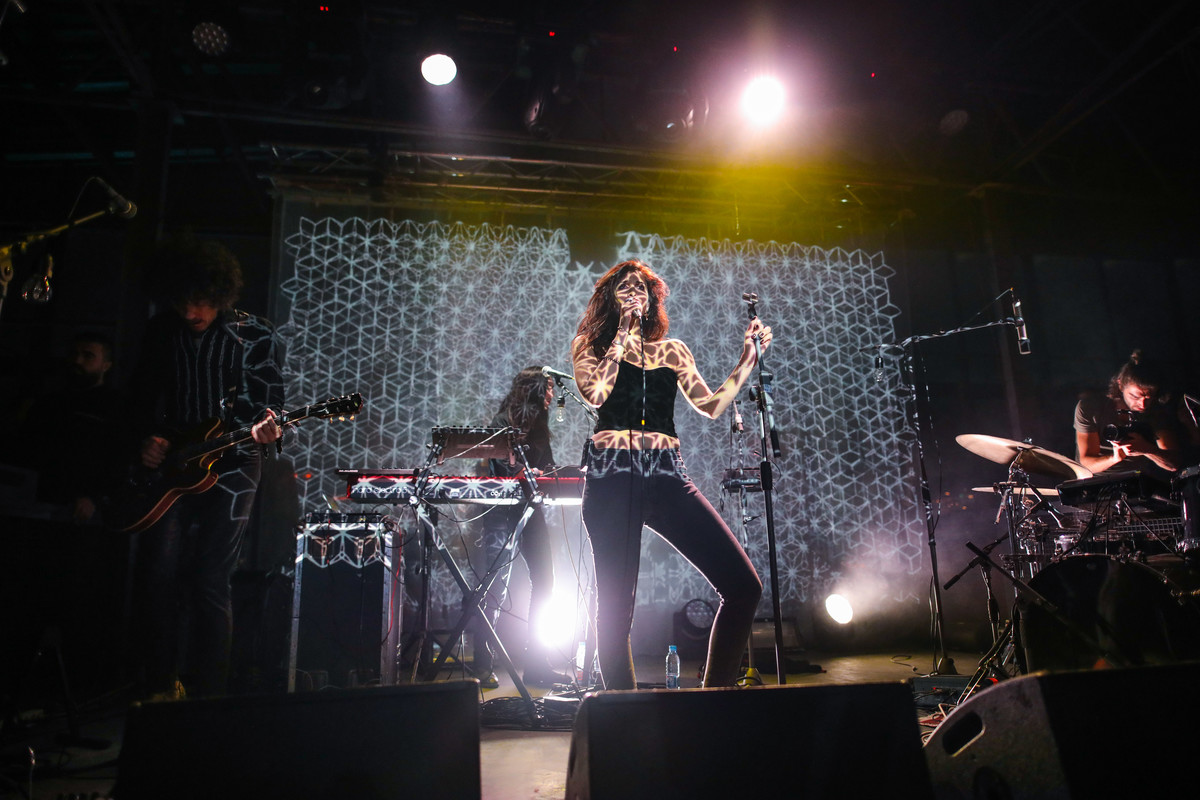
Beirut and Beyond 2017. (Supplied)
BEIRUT & BEYOND
Where: Venues around Beirut
When: December
Highlights: Tania Saleh, Lekhfa, Sig & Erik Truffaz, Kinematik
website: beirutandbeyond.net
SOLE DXB
Where: Dubai Design District
When: December 6-8
Highlights: Nas, Blood Orange, Giggs, Masego
website: soledxb.com




























